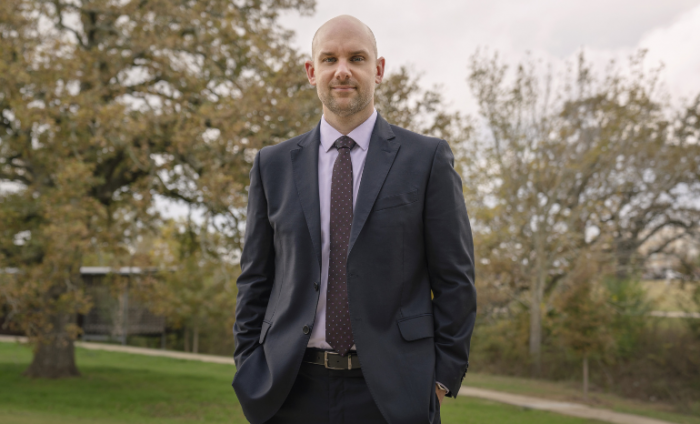
While there appears to be much uncertainty in the current labour market, research indicates that ‘the Great Resignation’ may have peaked, with resignations levelling off at just below 3% a month in the US. UCL School of Management Associate Professor Anthony Klotz recently co-wrote an article for Chief Executive, alongside Littler shareholder Claire Deason, to discuss these new figures and what they mean for the global workforce.
Since the outbreak of the COVID-19 pandemic, workplaces have seen monumental changes to their workforces, with an unprecedented number of employees resigning from their roles in recent years, a phenomenon Anthony famously coined ‘The Great Resignation’, and significant numbers instead turning to quiet-quitting. However, wider economic uncertainty has meant that these numbers are finally starting to slow down and, as a result, many organisations and employers starting to wonder if pre-pandemic approaches to work can be reintegrated.
“Possibly”, says Anthony, as “an economic slowdown means that employees will have fewer options. Therefore, less investment in employees (leveling wages, decreased incentives, etc.) may not lead to a meaningful increase in turnover.” However, Anthony warns that although this may provide a short-term solution to reducing costs, it could perhaps become a long-term problem. He believes that, “these reductions will affect your workforce and your bottom line in the medium-term, in the form of disengagement, deepening burnout, and a potential worsening of the widespread negativity that eats away at healthy corporate cultures.”
The psychology of workers must also be considered by organisations. The World Health Organization reported a 25% spike in anxiety and depression worldwide, and workers around the globe are reaching unprecedented levels of stress. “It would be foolhardy”, Anthony warns, “to assume the employees in your organisation are emerging from the pandemic with the same psychological resilience they had before it began”. If employers start reinstating pre-pandemic policies, they can expect to see disengagement at an all-time high, with efficiency, productivity and service all decreasing.
However, this critical moment also provides opportunity to build deeper relationships with employees by showing them that they are valued and supported within the organisation, which is, Anthony argues, “what employees are looking for in this moment”. Making meaningful investments in employees is something that should be valued by leaders, who are also leading in ways they’ve never needed to previously.
Are we able to simply go back to the way things were in 2019? Ultimately, Anthony claims, “with care and understanding, the answer is: no, you can’t. Leadership is about looking forward and seizing the opportunities to strengthen organisations when they present themselves. In the face of the many challenges that come with every opportunity, embrace new ways of working, be vulnerable, and build trust”.